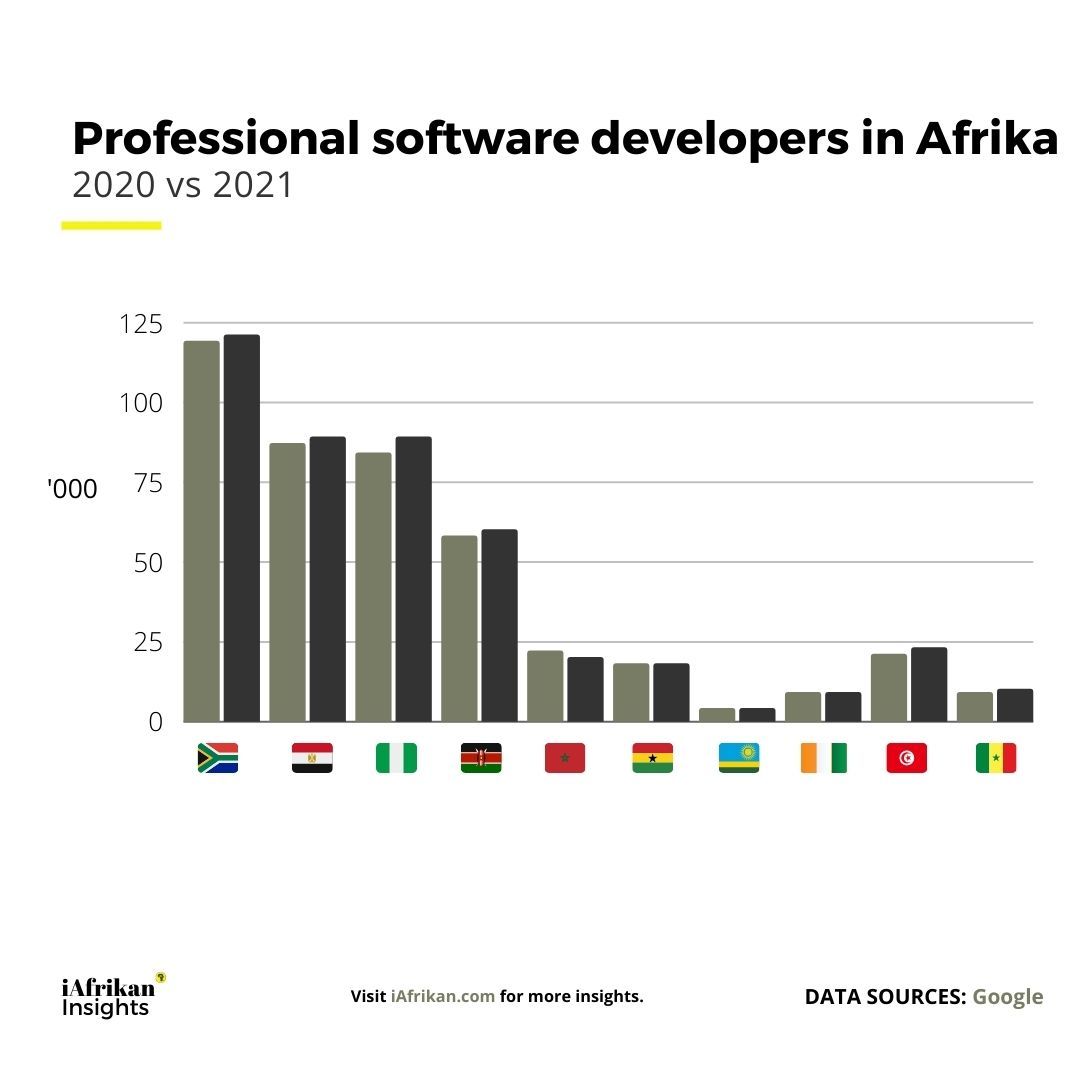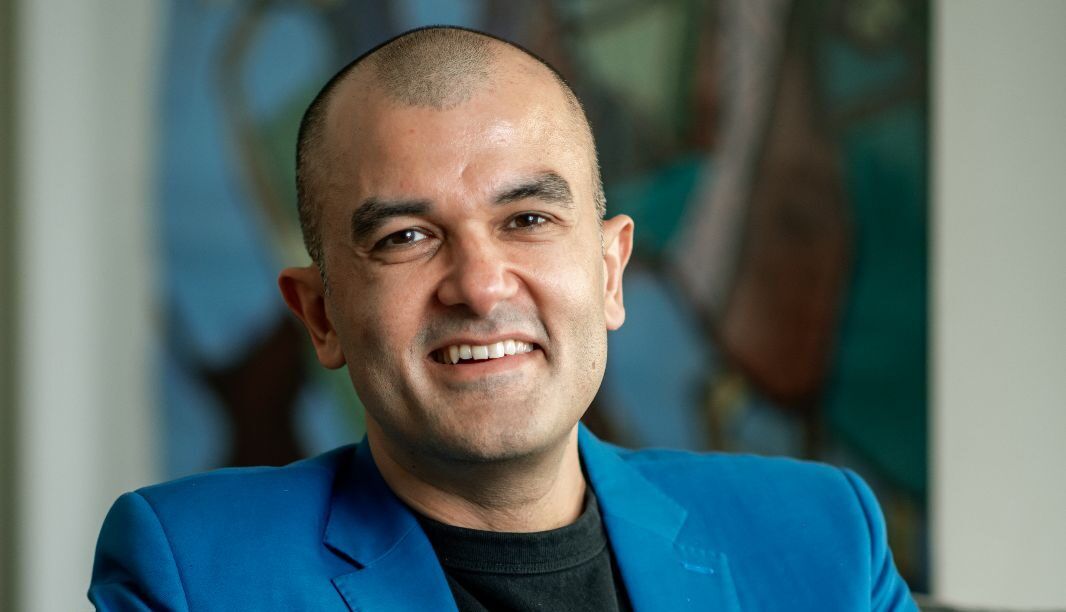Earlier in 2022, a report by Google in Africa revealed that there is a rise in demand for professional Afrikan software developers. Furthermore, the report titled "Africa Developer Ecosystem Report 2021" showed that despite a contracting economy across Afrikan countries, the pool of professional developers increased by 3,8% to make up 0,4% of the continent’s non-agricultural workforce.

Part of the reason put forward has been that the COVID-19 pandemic has caused many organizations to go digital and as such need the skills of software developers. Beyond just the rise in demand for developers, salaries and compensation also rose, and more Afrikan software developers are reported to have secured full-time jobs.
To understand a bit more on why there is such a high demand for Afrikan software developers we spoke with Nitin Gajria Managing Director, Google in Africa.
Q&A with Nitin Gajria
Managing Director, Google in Africa
iAfrikan.com: What would you say are the major contributing factors for the high demand for professional Afrikan developers?
Nitin Gajria Managing Director, Google in Africa: There are a number of factors that have contributed to the high demand for developers in the past year. These include the following:
- The growth of African startups, which raised more than $4 billion in 2021 (growing by over 2.5x in 2021), was a key factor in driving the growth of full-time employment of Africa developers - African startups and SMBs are responsible for hiring more than half of the developers on the continent.
- 22% of Sub-Saharan SMBs started or increased their use of the internet, leading to an increased need for web development services.
- Higher demand for remote development work also led to increased opportunities.
Given the high demand, is there a large enough pool and pipeline of developers to satisfy the demand?
The pipeline numbers are always on the rise, and educators, technology companies, and governments are undertaking initiatives to strengthen the developer pipeline.
- Educators, tech companies, and governments can help developers succeed by improving internet access, education, and business support. Bootcamps and certifications, run as part of formal and informal education, are also working towards bridging the vocational training gap between traditional education and employment moving forward.
- Global technology companies are investing in digital skills-building across the continent to improve job readiness and alleviate the tech talent bottleneck. Governments can also play a vital role in strengthening the developer pipeline by investing in both internet access and education.
Apart from satisfying local developer demand, are the developers being sought after outside the continent?
Yes, according to the report, 38% of African developers work for at least one company based outside of the continent.
How is Google engaging and supporting developers across the continent?
Google is invested in the growth of Africa’s internet economy. Google aims to train 100,000 developers across Africa in 5 years through Google Developers Training, with the commitment going through 2022.
- Over the past decade, Google has been dedicated to ecosystem building in Africa with developer advocacy, startup acceleration, training programs, and global technical mentorship.
- There are more than 150 active Google Developer Groups and 100 Developer Student Clubs in Africa. Combined, these groups reach over 200,000 community members in 40 of the 48 countries in Sub-Saharan Africa.
- The objective is to help bridge the developer skills gap in Africa by providing better access to high-quality, world-class skills on mobile technologies and platforms.
What challenges do developers across the continent face?
Access to reliable and affordable internet remains a challenge for developers, especially given the growth of online remote work. Developers also need consistent internet access for learning opportunities, access to code repositories and collaboration with other developers. Fortunately, internet infrastructure investments are growing which should boost connectivity in the long-term.
Anything else you'd like to add?
Google is committed to supporting developers at each stage of their journey through regional developer training, community, and mentorship programs. Our research showed that almost half of all developers have participated in at least one Google training program.
— By Tefo Mohapi







